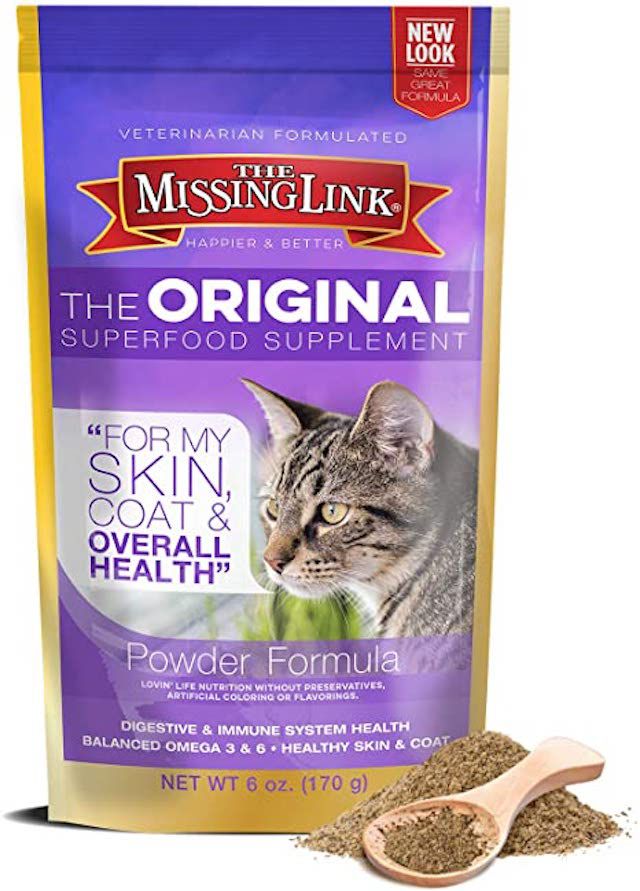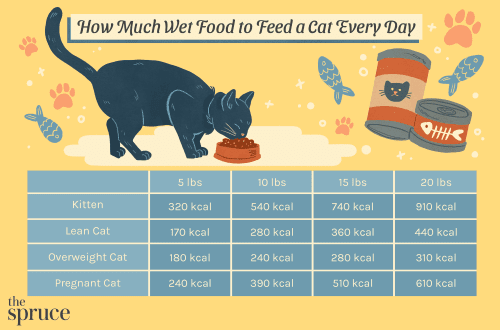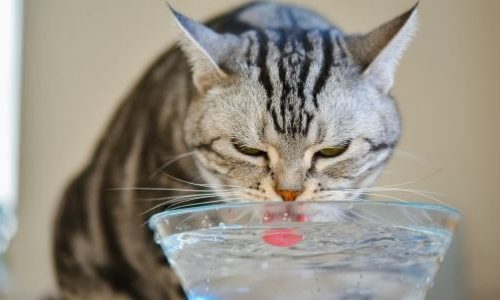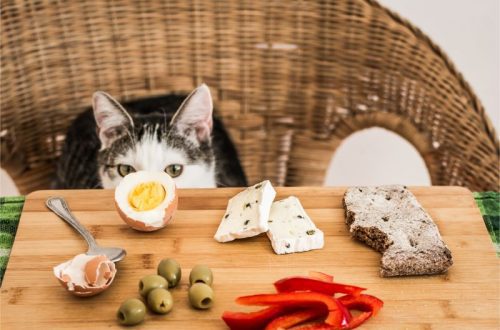
Vitamins for cats
When are vitamins needed?
Vitamins, macro- and microelements enter the body of animals and people along with food. Accordingly, it depends on the composition of the feed whether the cat receives the required amount of vitamins and minerals or not. In quality from a good manufacturer contains the necessary vitamins and other important substances.
Moreover, the content of micro and macro elements, vitamins and nutrients will be different in feed for healthy animals of different age and breed groups. That is why there are foods for kittens, pregnant cats, young and old animals, neutered pets and for cats that walk a lot on the street. The same principles are taken into account in the development of therapeutic feed. So, for example, in chronic renal failure, it is very important to control and limit the content of sodium and phosphorus in the feed.
Thus, healthy cats and cats that are fed high-quality ready-made food do not need additional vitamins. More vitamins does not mean better, but rather the opposite.
Animals with diseases that are fed (as prescribed by a veterinarian), vitamin supplements are also not needed, in fact, they can even be harmful under certain conditions. Can additional vitamins be needed in this situation? Yes, because animals with chronic diseases may experience increased losses of certain micro- and macroelements or insufficient absorption of nutrients from the digestive tract. But in this situation, we will talk about vitamins not in the form of nutritional supplements, but in injections that the attending physician will prescribe after the examination.
Poor cat nutrition
If a cat or a cat is fed homemade food or just food from the table, then it is impossible to determine the content of nutrients and vitamins in such food. Studies show that even home-cooked cat food (rather than just meat or fish) is almost always nutritionally unbalanced.
It seems natural that vitamins should be added in this situation, however, since the initial composition of the feed is unknown, there is always a chance that some elements may be more than necessary, and this figure may exceed the norm several times, which is not entirely useful. . In this situation, you should consult with your veterinarian and, possibly, undergo a preventive examination to find out if there are deviations in the analyzes and what needs to be done to correct the condition.
Some diseases require the appointment of additional vitamins or nutritional supplements (for example, in the treatment of viral infections, skin diseases, joint problems), but in this situation, vitamin preparations should be prescribed by a veterinarian.
So to summarize
When it comes to vitamins, “more” does not mean “better”, especially if the cat has underlying medical conditions. Vitamin preparations differ in composition and quality, in addition, good vitamins for animals are expensive.
Do not confuse vitamins with treats, which are often disguised as vitamin supplements. Some cat treats are advertised as vitamin supplements, although they are not, and moreover, these treats can be very high in calories, which can lead to weight gain. Always consult with your veterinarian about the need for any other vitamin preparations or nutritional supplements.





